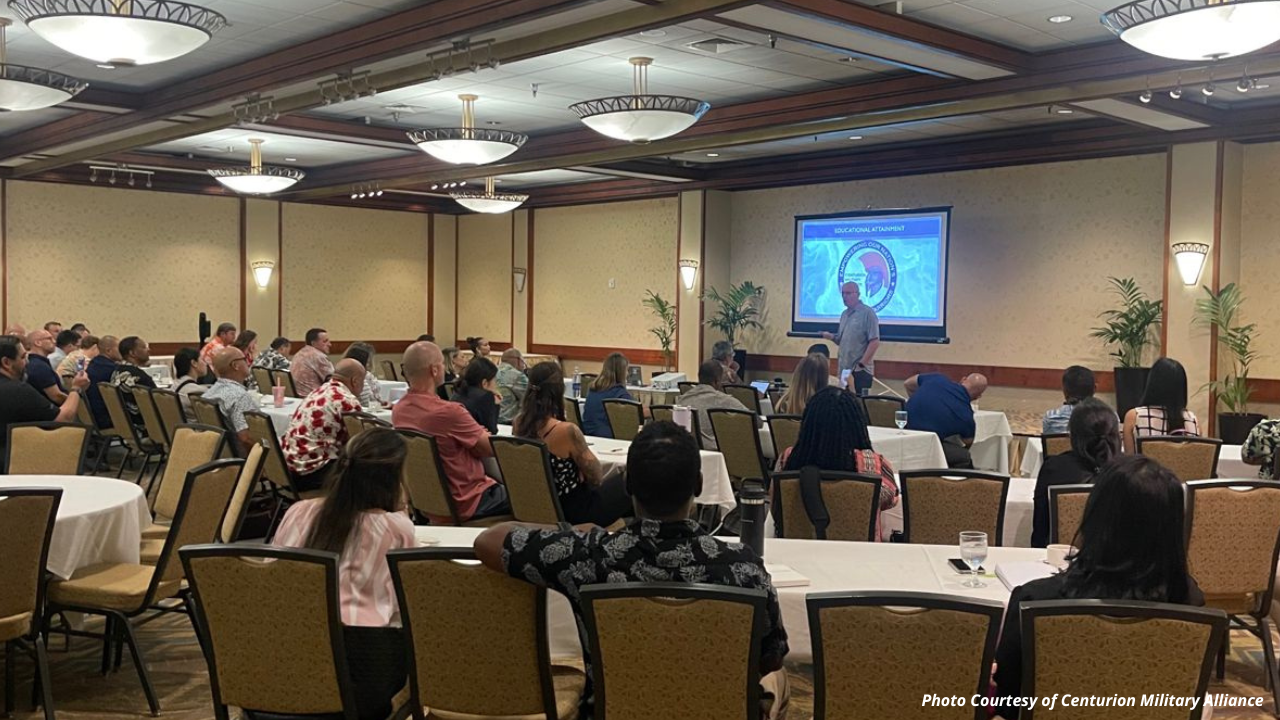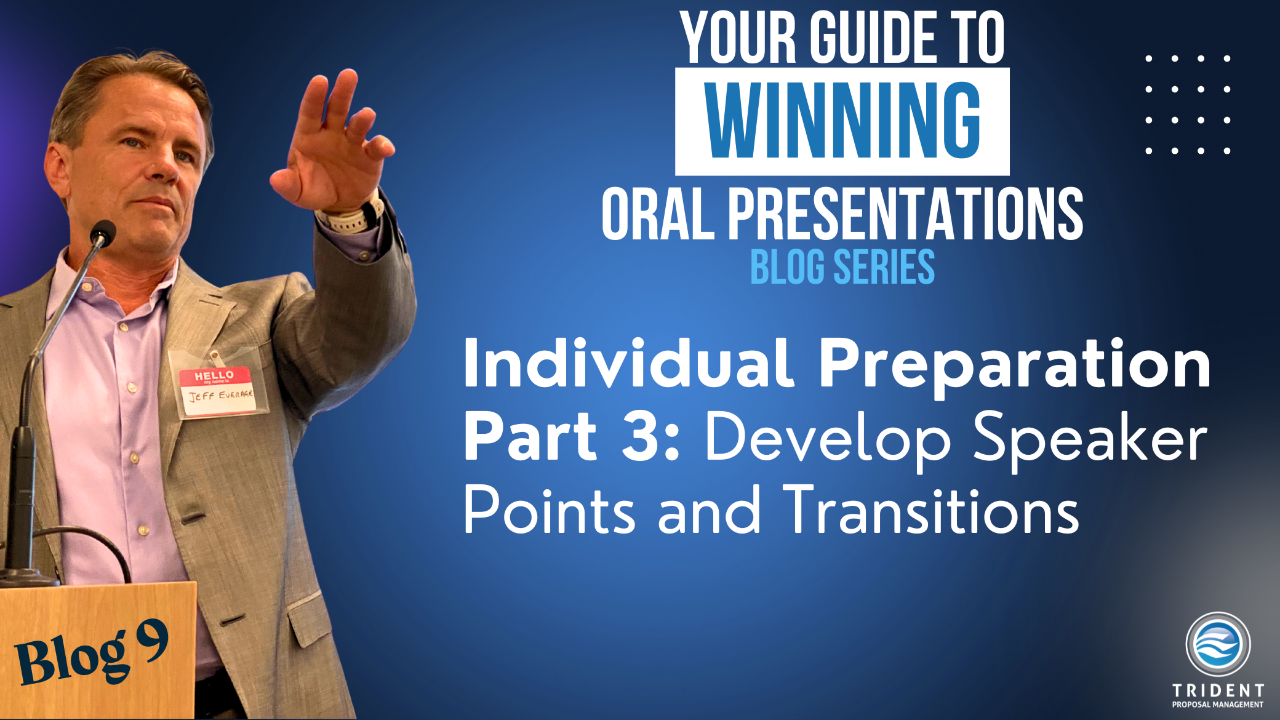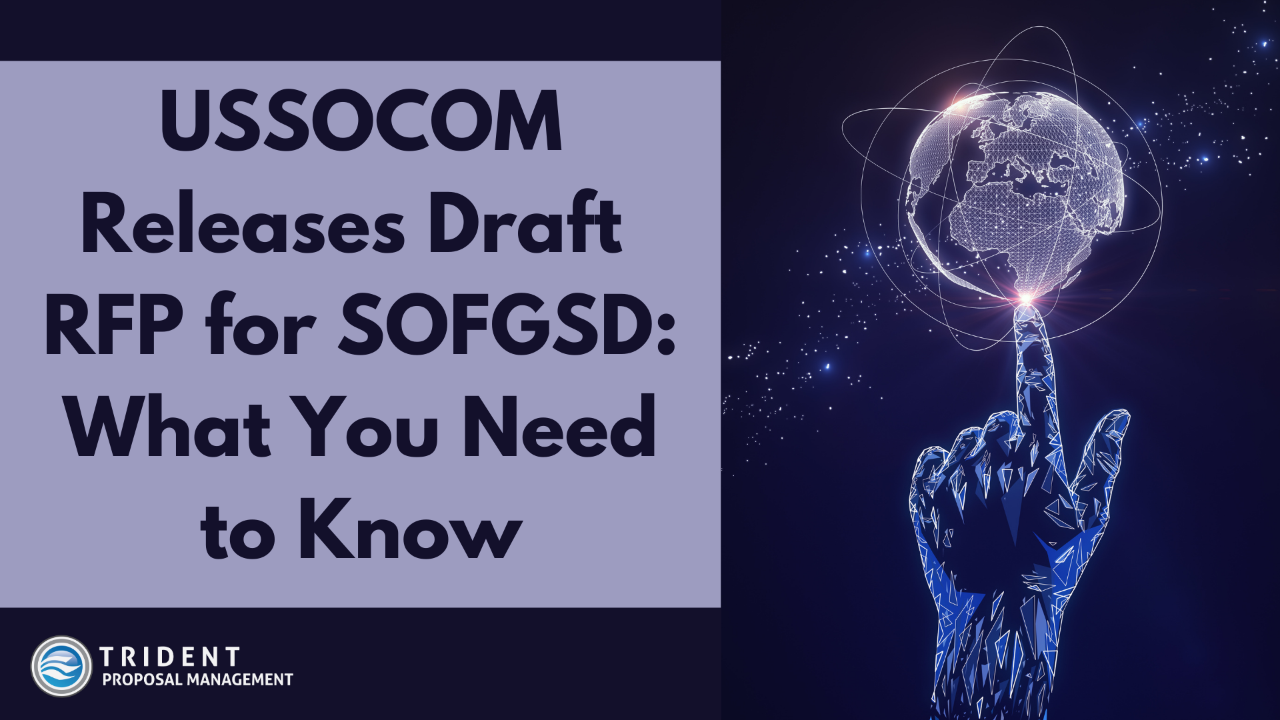Navigating the Military Transition: 6 Valuable Lessons Learned
May 24, 2023
In April, Centurion Military Alliance (CMA) held a Warrior Workshop in Honolulu, Hawaii with the aim of supporting transitioning and retiring service members and military spouses in identifying their next career paths. The workshop’s focus was professional development across three pillars: Education Attainment, Vocational Proficiency, and Financial Literacy. These three pillars, unique to CMA, address the core need of transitioning personnel as they seek purpose and direction beyond the military.
At this one-day event, Trident’s HR Manager Rebecca Wayland, and Business Intelligence Analyst Ada Stanford Barry facilitated breakout sessions where they shared insights and helped attendees practice responses to mock interview questions.
At Trident, we support workshops like these because we know they can be instrumental in helping veterans and spouses:
1) Connect with a community of individuals facing the same challenges as you.
2) Speak with people who have successfully navigated a transition (or geographic instability) and brainstorm solutions that apply to your situation.
3) Learn about and speak with military-centric resources (and sometimes employers) seeking the talent and life experience you have by being connected to the military.
The main benefit of a transition workshop is the sheer amount of information and insight that is shared. However, if we’re being totally honest, sometimes there is SO much information that it can feel overwhelming! We’ve summarized six takeaways from two different perspectives that we think will help transitioning service members and spouses.
Military Spouse Takeaways
Ada is a military spouse and has been with Trident for almost six years. As a military spouse, she has maneuvered four overseas moves, a geo bachelor assignment, and a 12-month independent duty assignment. Before Trident, she adapted to her transitions while completing a Master of Arts in Organizational Change, gaining experience with large government contractors, facilitating the Transition GPS workshop (formerly known as TAP Class), and volunteering. We asked Ada about the best advice she has put into practice as a military spouse seeking gainful employment, and here’s what she said:
1. Do your research! Ask prospective employers, schools, or organizations, ‘What are your core values?’
Research and observe how an organization puts words into action and pay attention to how others in the organization interact with one another. Research and observation provide perspective on an organization’s interest and receptiveness to you as a contributing member. It will also help you answer, ‘How are those teammates initiating and executing values?’ and ‘Are the organization’s values based on teamwork or individual contributions?’
I’ve worked in a wide array of scenarios from sharing a 16x16-foot office with four other team members to virtual teams where, if I’m lucky, I’ve met one other person in the flesh. I have also worked on traveling teams with teammates and supervisors constantly on the go. A core value of my own is “Teamwork”. While an organization I am involved with does not need to accentuate “Teamwork” as a core value, there are things I need to know. I need to know how my teammates, colleagues, and management facilitate and support my need for productive teamwork. I also need to observe them interacting and providing teamwork with one another.
2. Humility balanced with confidence = insight.
There is a balance between saying “I’m open to learning and working in any position your organization needs” and decisively making an organization aware of YOUR strengths and needs.
Take a moment to learn about an organization’s purpose (be it advertised or not) and determine how your experience and skills can positively contribute to the organization’s deliverables while supporting your personal growth.
You may be the best of the best in what you have done for 20 years, but none of your teammates want to hear you talk about you and yourself or how you think it should be done. Identify how you can integrate what you have mastered and how you can learn something new. This provides a sense of balance between unconsciously steamrolling to prove your worth and being open to “new opportunities”. Once you’re working in an organization, you don’t want to constantly feel like you’re being directed to do what is needed for the organization. You will want to feel like you are delivering value- because you most likely are. Working with humility gives your teammates confidence in working with you.
3. How will the organization’s needs allow you to fulfill your ...?
As a military spouse, my servicemember spouse’s job often dictates where we live (and when we move), who is home to make dinner, who will do the grocery shopping, and who manages appointments for the family. The role as a military spouse means I know I need to have the flexibility to fulfill those “life admin” tasks that my spouse does not have the bandwidth to do. I also know I need to have the time in the day to juggle ALL the family things. Questions I keep in mind before I get involved with an organization are: Will an organization and position be flexible enough to allow me to fulfill all those “life admin” tasks? Will this organization allow me to feel like I am fulfilling my roles as both the first and second parent when my spouse is not available? As an employee, I feel that I work harder to be flexible with my time when my employer understands and is accommodating to not only my time zone but also to my family and “life admin” needs.
Hiring Manager Takeaways
Rebecca is a military spouse as well as a Navy veteran. She is also Trident’s HR and Development Manager and a Senior Proposal and Capture Manager. We asked Rebecca what she looks for as a hiring manager when she is interviewing transitioning service members and/or military spouses. Here’s what she said:
4. I need to know when you are available, and what that availability looks like.
This question has a few layers. If you are leaving active duty, when are you going to be done with your transition and ready for new employment? If you are relocating, when will you be settled? What is your availability and desire to work? Are you looking for full-time (35+ hours a week) or part-time employment (5 to 20 hours)? I’m not looking for a “right” answer when I ask this question, but I am looking for a realistic assessment of when and how much you will be available to work. As a professional services company operating in 2023, we can probably make a lot of different arrangements work, if we know your constraints upfront.
5. I need to know *specifically* what job you are applying for and what your strengths are.
While I appreciate the humility and flexibility intended with the statement, “I’m open to anything,” it’s very frustrating to hear that answer because it puts pressure on me to figure out what you’d be good at and happy doing. During an interview, I am hoping to learn more about your strengths and talents, and interests – but I’m not your life coach. It might sound harsh, but a lack of specificity around what position or projects interest you and why creates more work for me. I now not only have to figure out what you’re qualified for, but I run the risk of aligning you to something you have no real interest in. It might feel awkward at first to be direct and specific about what you want, but it beats the inefficiency and inconvenience of trying to stay “Semper Gumby” for opportunities you have no real interest in or aptitude for.
6. I need to know that you’ve done your homework on the company.
If you’ve been to any transition or career coaching workshop, you already know that you’ll have to make a case for why a company should hire you. But I also need you to have a good answer for why you want to work with me. I’m a realist, and I know sometimes the thing that attracts you to an employer is that they offer … employment. But if you are applying for a job, especially at a small business, I would encourage you to do your research and learn as much as you can about the company’s focus, purpose, and values. Be ready to answer what makes you want to be part of that team. We’re not looking for flattery here – but we want to know that you have considered who we are and how we operate and see something worthwhile there.
There is a plethora of resources out there to help service members and military spouses transitioning out of the military. We recently highlighted a variety of resources in a LinkedIn post for Military Spouse Appreciation Day. If you are preparing to transition out of the military – whether retiring or separating – sign up for a transition workshop on your base. Many of these workshops are also open to military spouses. Start making connections, attending free hiring fairs (both in person and virtually), and exploring businesses like Trident that offer remote work opportunities. It’s never too early to start bridging that gap from active duty to post-military life.
Written by Ada Stanford Barry and Rebecca Wayland
Ada is a Business Intelligence Analyst and proposal support specialist. At Trident her specialty is digging into the details for clients. This includes understanding current market trends, finding new opportunities, helping businesses determine what opportunities not to pursue, and identifying areas for growth and expansion. As a military spouse based in Honolulu, Hawaii, she supports clients around the world as part of our globally dispersed team.
Rebecca is our Chief of Staff. Rebecca is a proposal expert offering comprehensive proposal management, capture support, market research, and training. Not only is she the author of The FastProp Process, but she is also our GWAC and MA-IDIQ lead, so if you’re exploring one of these contract vehicles, she is definitely your SME. As a U.S. Navy veteran and military spouse based in Hawai’i, she supports clients around the world as part of our globally dispersed team.



